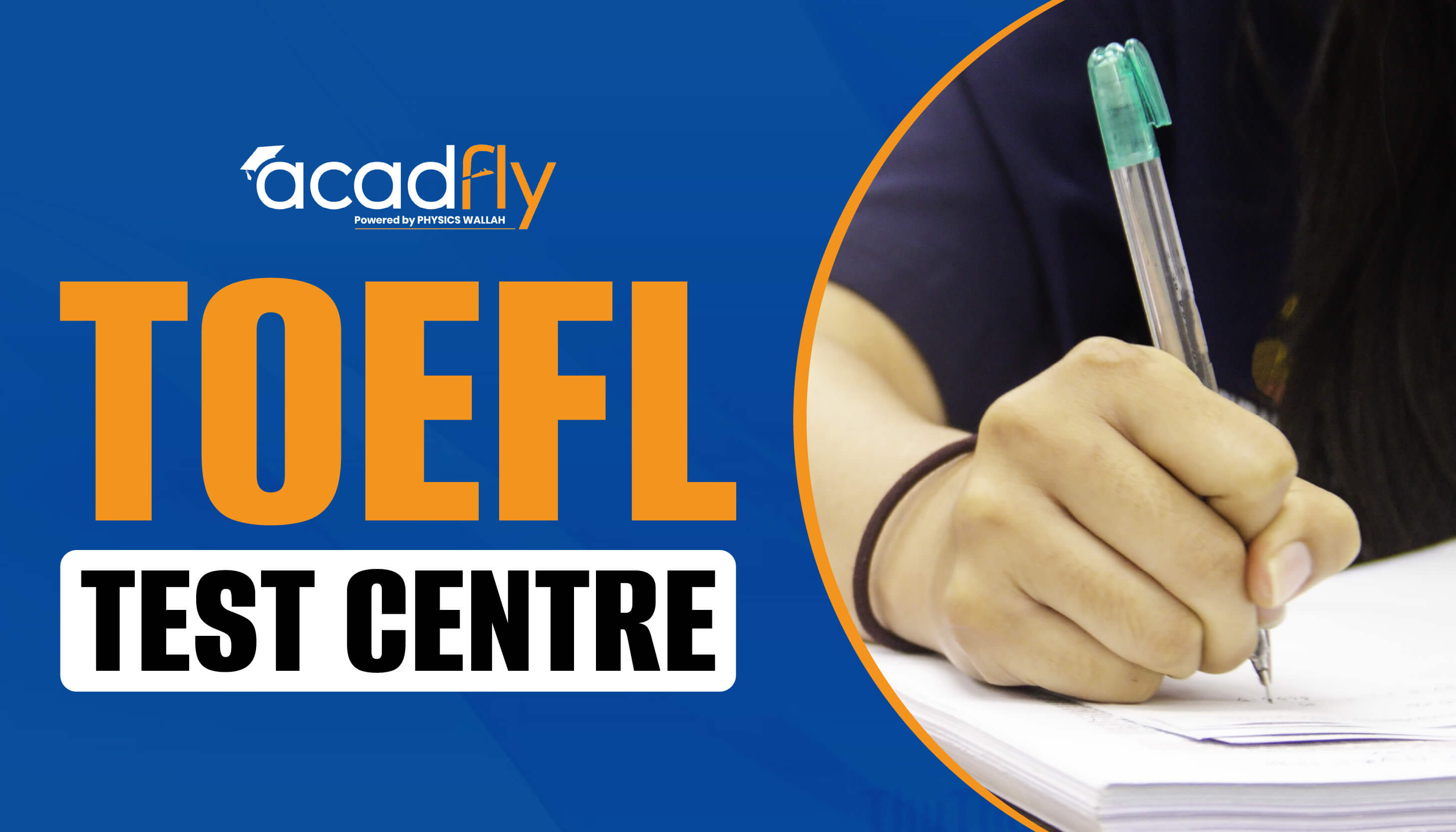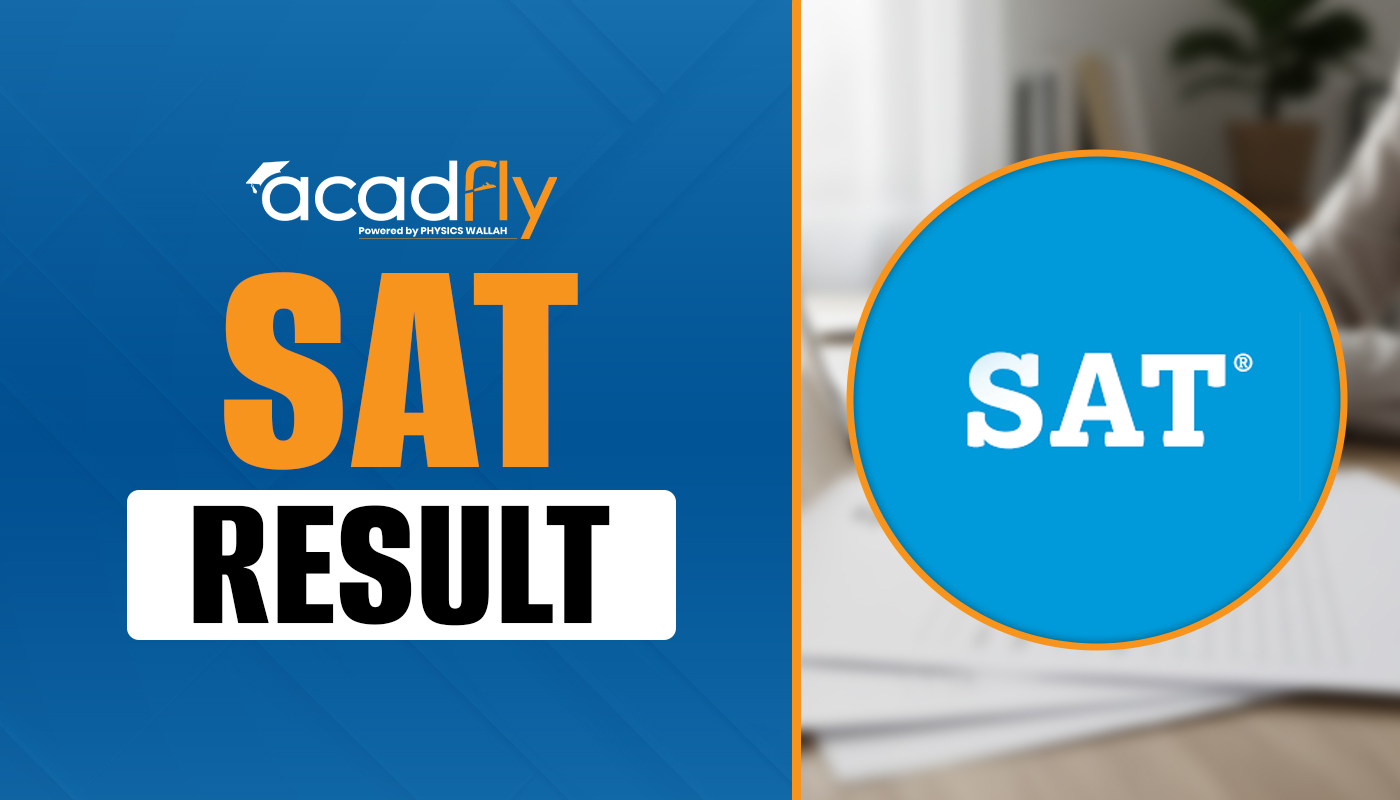
Statement of Purpose (SOP) vs Personal Statement: When applying for a program, internship, or job, two of the most common documents requested are the Statement of Purpose (SOP) and the Personal Statement from the candidates.
These documents often confuse candidates because they serve similar functions but are distinct in terms of their focus, tone, and content. Here, we will break down the differences between a Statement of Purpose and a Personal Statement and provide examples to help you understand when to use each and how to fill it properly without any stress and tension. We will also compare them to a motivation letter and show how these documents apply to both graduate school and college applications.
What is a Statement of Purpose (SOP)?
A Statement of Purpose (SOP) is a document that explains to a person why you are applying to a specific program, school, or job and what your academic or professional background is. It highlights your goals, motivations, and career aspirations.
SOPs are generally formal and focus on your professional journey, your academic interests, and how the program you are applying to aligns with your long-term goals. Basically you need to be clear about your life goals.
Key Points to Include in an SOP:
-
Introduction of yourself: A brief introduction of who you are and why you are applying.
-
Academic Background of the Students: Detailed explanation of your educational journey, i.e, include almost every detail of your academics.
-
Research or Professional Experience: Specific examples of your work, research, or projects that support your application.
-
Reasons for Choosing Specific Program: Why this particular program or school is a good fit for you. Basically, you need to justify this.
-
Future Goal Plan of the student: How the program aligns with your career aspirations and how you plan to contribute to the field. Basically, how is this course useful and how will you contribute to the society?
-
Conclusion: A closing statement is a must for the students that tells the overall summary of the program and the selection made by you. If you feel confused at any stage just just take help from your elders, but be very careful while filling in the Application.
What is a Personal Statement?
A Personal Statement, on the other hand, is more focused on your personal life, experiences, and motivations. Basically, It is your chance to tell the admissions committee who you are as a person, how your past experiences have shaped you, and what you aim to achieve through the program you are applying for. And if you succeed in this, your application gets selected.
While the SOP is more professional, the Personal Statement has a slightly more personal tone and focuses on the story behind your academic or career path. Try to describe your story properly with all the reasons and clarifications.
Key Points to Include in a Personal Statement:
-
Introduction of yourself: Personal background or an anecdote that explains who you are. You can mention different things that are closely related to you and that play an important role in your life.
-
Motivations: Why you are passionate about the field or program you are applying to, i.e, ideally you need to focus more on your personal interest.
-
Your learning Experiences: Personal experiences, challenges, or achievements that shaped your journey i.e, good or bad, both. Basically, what you learnt from all these experiences in a good or bad way. Just try to be a storyteller.
-
Fit with the Program: How the program will help you achieve your personal and academic goals. And how will you take advantage of it. I.e, what you will learn.
-
Conclusion: Your future vision and why this program is essential for you to achieve that goal in your life and do your best further.
Note - Candidates are advised to focus on the above pointers to understand the conditions properly so that they can act accordingly further.
Statement of Purpose vs Personal Statement: Key Differences
While both the SOP and Personal Statement are used to express your intentions for applying, they differ significantly in their approach and content. So focus on understanding both the terms so that you can apply them properly and achieve your goals easily.
Focus of the SOP
-
Statement of Purpose: The focus is on your professional and academic background, your research interests, and your career goals. It is more formal and talks about why you are interested in the program and how it will help you achieve your future aspirations.
-
Personal Statement: The focus is on your personal journey, motivations, and experiences. It is more about who you are as a person, how your experiences have shaped your aspirations, and why you are passionate about the field or program.
Tone
-
Statement of Purpose: The tone of an SOP is generally formal, professional, and academic. It showcases your qualifications, achievements, and your alignment with the program.
-
Personal Statement: The tone of a Personal Statement can be more personal and reflective, highlighting your personality, values, and life experiences, and it basically tells what you want to do in your life.
Content
-
Statement of Purpose of the Application: Focuses on your academic qualifications, professional experiences, and clear career goals. You need to mention these things clearly in your application.
-
Personal Statement provided by the candidate: Focuses on personal things, life-changing moments, and your personal drive toward the field you are pursuing. Tsake your time but fill your application properly. Take help from your parents or your friends regarding the same.
Length and Detail of the SOP
-
Statement of Purpose: Typically longer and more detailed i.e, mention everything related to you. Just describe yourself. Basically, tt provides into specific projects, research, and professional goals.
-
Personal Statement: Often shorter and more focused on personal motivations and challenges that led you to pursue the chosen field. i.e, you need to also mention that how will you contribute to the society.
Statement of Purpose vs Personal Statement Example
Let us compare the two using an example for better understanding. Candidates are advised to read both examples carefully to understand the actual difference between the two.
Also, if you feel you are not able to understand the examples or differences properly, just take help from your elders or teachers:
Statement of Purpose Example:
"I have always been fascinated by the field of artificial intelligence. During my undergraduate studies in Computer Science, I developed an interest in data science and AI, which led me to work on several machine learning projects and it excites me a lot.
These projects honed my analytical skills and deepened my understanding of data-driven decision-making. After researching several graduate programs, I found that XYZ University’s emphasis on AI research and its strong network in the tech industry would be the perfect environment for me to grow as a data scientist and contribute to society.
I am particularly excited about the opportunity to work with Professor ABC, whose research on AI in healthcare aligns closely with my career goals and helps me become good in this field in the near future."
Personal Statement Example:
"Growing up in a small town, I often found myself helping my neighbours with technical problems, from fixing their computer issues to explaining how artificial intelligence works. This natural inclination to understand and solve problems led me to study Computer Science. However, it wasn’t until my internship at DEF Technologies that I truly realized the potential of AI to revolutionize industries.
This experience motivated me to pursue graduate studies, not just to deepen my technical knowledge, but to use AI to solve real-world challenges, especially in healthcare, so that I can be good in this field and contribute to society and make my parents proud. I am driven by a desire to create technology that can improve people’s lives and enhance their living standard, and I see the Master’s program at XYZ University as the perfect place to make that vision a reality."
Note - There can be many examples of this type. The above examples is just to make you understand the difference between these two.
Statement of Purpose vs Personal Statement vs Motivation Letter
It is important to note that SOPs and Personal Statements are sometimes confused with Motivation Letters, so just focus and do not get confused between the two. Though similar, there are differences.
-
Motivation Letter: A Motivation Letter is generally used in European applications and focuses on explaining why you are motivated to pursue the program, what drives your career path, and why you are applying to that specific institution. It combines elements of both the SOP and Personal Statement, but is more focused on your reasons for pursuing a specific opportunity.
-
Statement of Purpose: Basically, It is more academic and professional, with less focus on personal experiences and more on goals.
-
Personal Statement: This focuses on personal stories and your motivation behind applying to a program.
Statement of Purpose vs Personal Statement for Graduate School
When applying for graduate school, the choice between a Statement of Purpose and a Personal Statement depends on the program and the school’s requirements.
-
Statement of Purpose for Graduate School: The SOP is most commonly required for research-based graduate programs. Basically, it focuses on your academic qualifications, research interests, and long-term career goals.
-
Personal Statement for Graduate School: For non-research-based graduate programs (like those in law, education, or business), a Personal Statement may be more appropriate, focusing on personal motivations and experiences.
Statement of Purpose vs Personal Statement for College
For college applications, particularly undergraduate programs, the Personal Statement is usually more common.
-
Personal Statement for College: College personal statements focus more on your background, challenges, and what has motivated you to pursue your chosen field of study. It is about who you are and what has driven you to apply to the school.
-
Statement of Purpose for College: SOPs for college applications are less common but may be required for specialized programs, especially those in fields like engineering, business, or the arts.
Statement of Purpose (SOP) vs Personal Statement FAQs
What is the difference between a Statement of Purpose (SOP) and a Personal Statement?
Which one is more personal: Statement of Purpose (SOP) or Personal Statement? Explain briefly.
Can I use a Personal Statement instead of a Statement of Purpose for graduate school? Would it work?
What should be included in a Statement of Purpose (SOP) for college applications by students?
What is the purpose of a Motivation Letter compared to an SOP provided by the students? What is its use?









